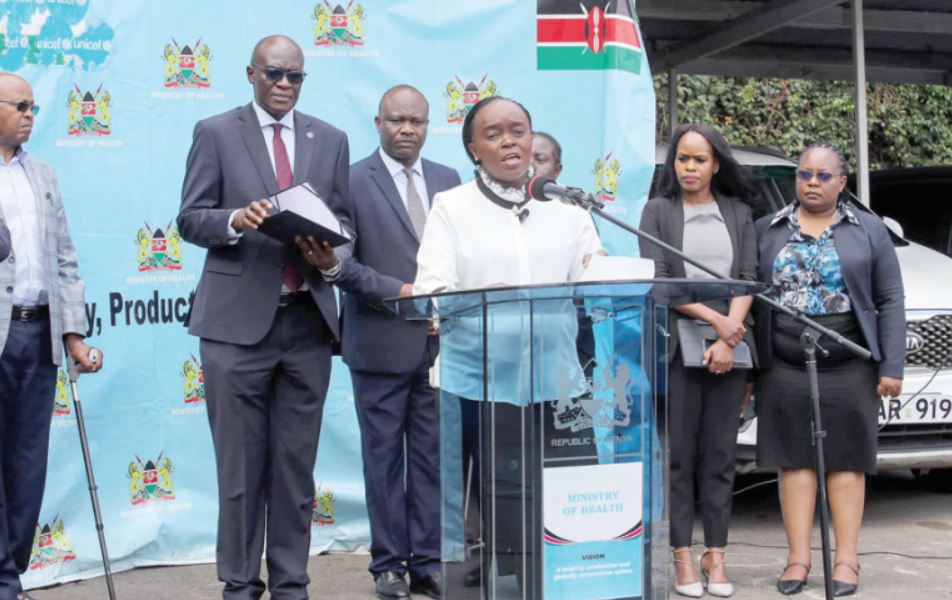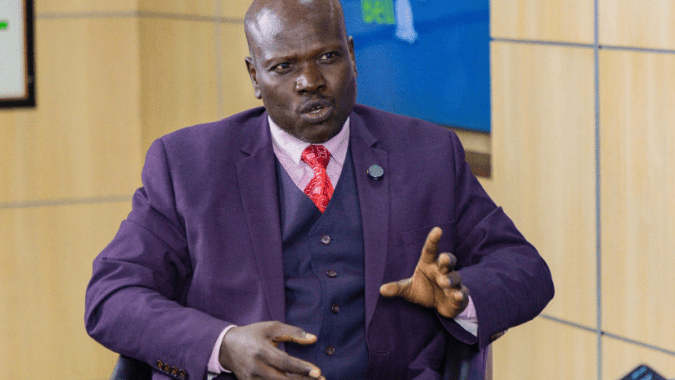 Kenya has officially adopted a single-dose Human Papillomavirus (HPV) vaccine as part of its intensified efforts to curb cervical cancer.
Kenya has officially adopted a single-dose Human Papillomavirus (HPV) vaccine as part of its intensified efforts to curb cervical cancer.
Health Cabinet Secretary Deborah Barasa urged parents and caregivers to ensure that girls aged 10 to 15 receive the vaccine, which is crucial in preventing the deadly disease.
According to the GLOBOCAN 2022 report, Kenya registers approximately 45,000 new cancer cases annually, with cervical cancer ranking among the most prevalent and concerning types. Each year, 5,845 women are diagnosed, and 3,591 succumb to the disease.
“This devastating loss of lives highlights the urgent need to accelerate preventive measures, raise awareness, and strengthen early detection and treatment efforts,” CS Barasa stated during the Ministry of Health’s weekly media briefing.
To improve prevention, Barasa announced that the Ministry of Health, through the National Immunisation and Vaccine Programme (NIVP) and the National Cancer Control Program (NCCP), has taken critical steps to expand access to the HPV vaccine.
“Prevention remains one of the most powerful tools in the fight against cervical cancer,” she emphasized.
Single-Dose HPV Vaccine Now Recommended
CS Barasa reiterated that the single-dose HPV vaccine provides effective protection and encouraged parents to ensure their daughters get vaccinated.
“We urge parents and caregivers to ensure that eligible girls between 10 and 15 years receive this life-saving vaccine,” she stated.
Despite Kenya’s progress in the fight against cervical cancer, Barasa acknowledged that the country still faces significant challenges, including misinformation, stigma, and healthcare accessibility.
“By working together—government, healthcare providers, partners, and media—we can overcome these barriers,” she said.
Although Kenya introduced the HPV vaccine in 2006, uptake has remained low, with only 21% of eligible girls receiving at least one dose by 2022—far below the World Health Organization’s (WHO) target of 90% by 2030.
One reason for the low uptake was the initial recommendation of two or three doses, which posed challenges, particularly for communities with limited healthcare access.
“Now, thanks to several recent studies supported by our foundation, we know that just one dose of the HPV vaccine provides powerful protection against the virus and cervical cancer, the fourth most common cancer among women,” CS Barasa noted.










